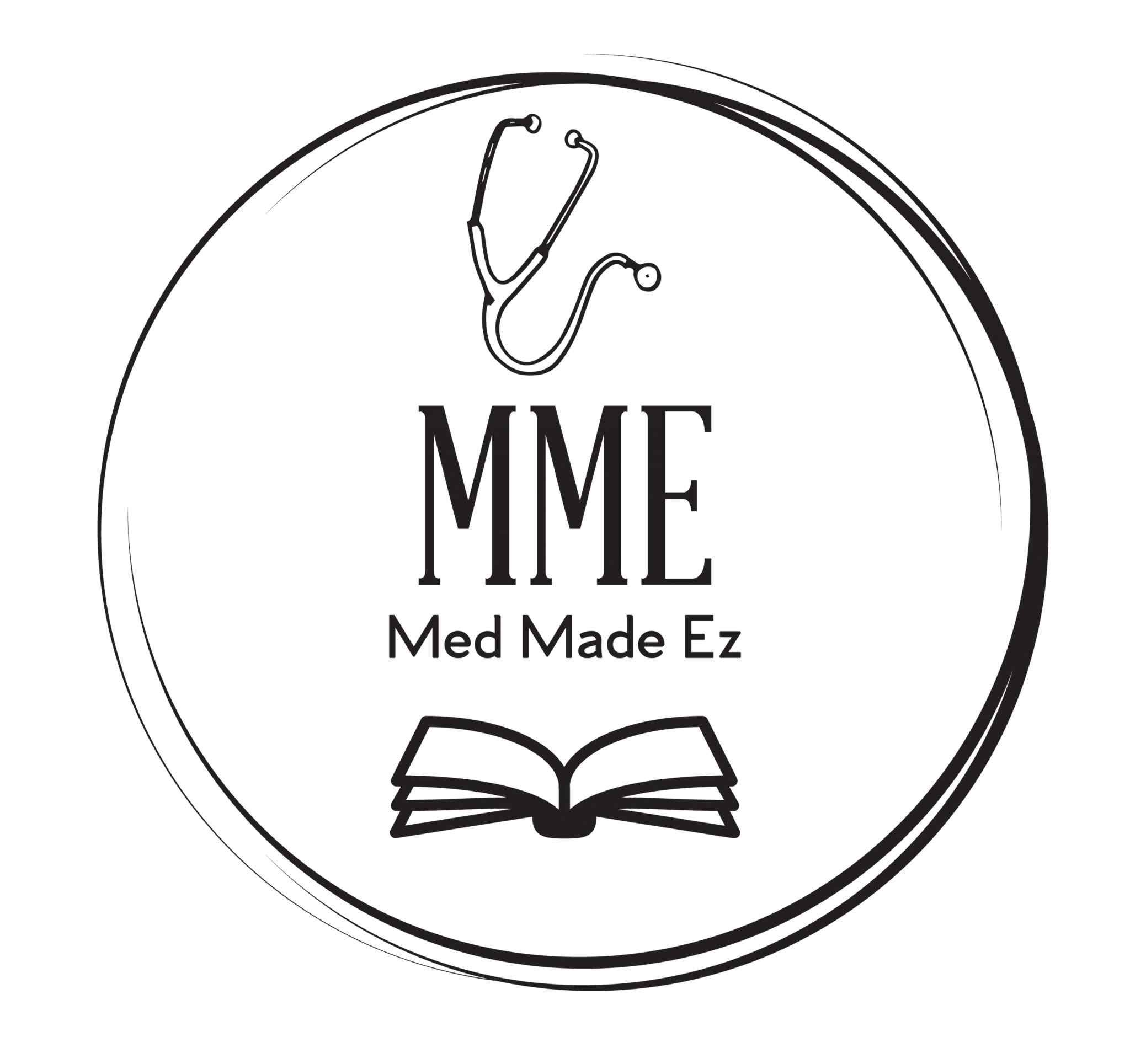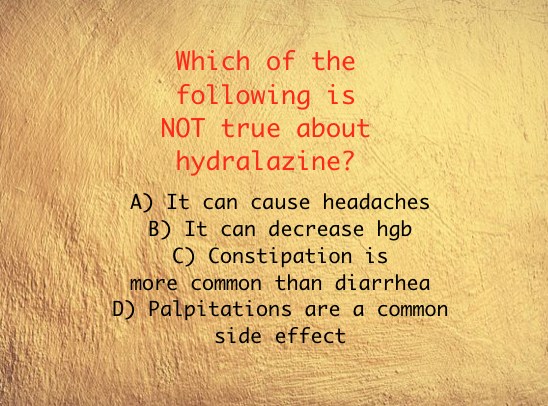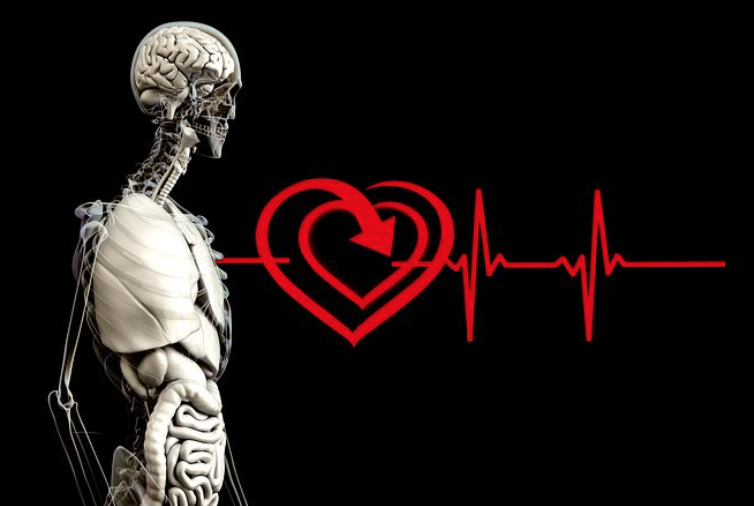- Ammonia: 15-45 µ/dL
- AST: 10-40 unit/L
- BUN: 7–22m g/dL.
- Calcium: 8.5-10.2 mg/dL
- Chloride: 96-106 mEq/L
- CPK: 21–232 U/L.
- Creatinine: 0.6–1.35 mg/dL (< 2 in older adults)
- Digoxin: 0.5-2.0 ng/ml
- Dilantin: 10-20 mcg/dL
- Glucose: 70–110 mg/dL
- Hematocrit: Men: 40-54% Women 36-48%
- Hemoglobin: Men: 13.5-17.5 Women: 12-15.5
- INR: 2-3 therapeutic for DVT, PE history
- LDH: 100–190 U/L.
- Lithium: 0.8-1.5 mEq/L
- Magnesium: 1.5-2.5 mEq/L
- Phosphorus: 2.5-4.5 mg/dL
- Platelets: 150,000 -450,000
- Potassium: 3.5-5.2 mEq/L
- RBC: Men: 4.7-6.1 Women: 4.2-5.4
- Sodium: 135-145 mEq/L
- Triglyceride: Under 150 mg/dL
- UA Specific gravity: 1.010–1.030.
- Uric acid: 3.5–7.5 mg/dL.
- WBC: 4,000-11,000
Also Don’t forget about the ABG’s!
- pH: 7.35-7.45
- PaCO2: 35-45 mm Hg
- HCO3: 22-26 mEq/L
- PaO2: 80-100 mm Hg
- SaO2: >95%
Also know coagulation panel
This is not an all-inclusive list
Labs may vary slightly
Memorize Common Lab Values
- See Common NCLEX labs tab
- This tab includes common ones you need to know
- You will most likely be asked assessment and clinical application questions
- You may be given the lab and not told if abnormal or not. Questions may ask what intervention (or not) would you choose based on the lab
Know common lab abnormalities associated with certain diagnosis & surgeries, ex:
- Addison disease: hyponatremia
- Splenomegaly: leukocytosis
- Alcoholism: hyponatremia, thrombocytopenia
- Rhabdomyolysis: elevated CPK, renal failure, elevtaed liver enzymes
- Pancreatitis: elevated lipase
Know ABGs:
- It is not unusual to see a test question about ABGs
- You may be asked to identify symptoms that you might expect with a certain set of ABG lab levels or vice versa
- Or you might be asked to identify symptoms seen in a particular respiratory or metabolic abnormality (ex: metabolic acidosis: ex tachypnea-fast breathing)
Know symptoms of when basic electrolytes are high or low, ex:
- Common symptoms of many electrolytes: weakness, muscle cramps, arrythmias
- K: high: often EKG abnormalities. And can lead to heart attack
- Na: low often see confusion
- Ca: low can lead to bradycardia, hypotension, & parkinsonism
Know various lab abnormalities that are a result of common medications, ex:
- Ace inhibitors: hyperkalemia
- NSAIDS: Increased creatinine
- Steroids: Hyperglycemia, leukocytosis, hypokalemia
- HCTZ & other diuretics: hyponatremia, hypokalemia
- Albuterol: Hypokalemia
- Statins: elevated ck level, elevated liver enzymes
If you get a list of labs and are being asked to determine which is most emergent to address, ex–>
- Always think ABC’s (airway, breathing circulation)
- Low hemoglobin–worry about bleed–need to find source and address immediately. Check for – dizziness, shortness of air, hypotension, tachycardia
- If patient is symptomatic with the lab abnormality that is a concern
- If the abnormal lab is baseline for a patient- you might want to consider choosing another answer
Know signs & symptoms of specific lab abnormalities, ex:
- Low Hgb: dizzy, SOA, tachycardcia, weakness
- Low vitamin D: weakness
- Low B12: numbness & tingling, weakness, memory problems
- Hypoglycemia: confusion, diaphoretic, shaky, nausea
Hover Box Element
Congestive Heart Failure
Lupus
Hover Box Element
Pulmonary Embolism
Hover Box Element
Sepsis
Hover Box Element
Pancreatitis
Hover Box Element
Renal Failure
Hover Box Element
Addison's Disease
Hover Box Element
Primary Hypothyroidism
Hover Box Element
No. They're Supra-therapeutic
CONDITIONS ASSOCIATED WITH ABNORMALITIES
- GLUCOSE
- Hyperglycemia
- Steroid use
- Infection
- Dehydration
- Noncompliance with meds
- ETOH use
- Hyperglycemia
- HEMOGLOBIN
- Low
- Blood loss
- Heavy menses
- GI bleed
- Chronic or acute wound
- Cancer
- Chronic kidney disease
- Sickle cell anemia
- Chemotherapy
- Low
- PLATELETS
- Thrombocytopenia (low)
- Chronic alcohol use
- Cancer
- Antibiotics
- Heparin use
- ITP
- Thrombocytopenia (low)
- POTASSIUM
- Hyperkalemia
- Renal failure
- Addison’s disease
- Potassium supplementation
- Lisinopril
- Potassium sparing diuretics
- Hypokalemia
- Diuretic use
- Steroid use
- Insulin drip
- Diarrhea
- Vomiting
- Cystic Fibrosis
- Calcium Gluconate
- Hyperkalemia
- SODIUM
- Hypernatremia
- Dehydration
- Diabetes insipidus
- Hyponatremia
- SIADH
- Alcoholism
- Diuretics
- Adrenal Insufficiency
- Hypothyroidism
- Dehydration
- Uncontrolled Diabetes
- Hypernatremia
- WBC
- Leukocytosis
- Infection
- Post op
- CML
- Steroid use
- Stressor to body
- Leukocytosis





